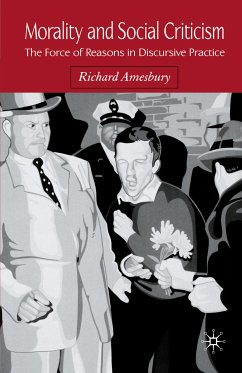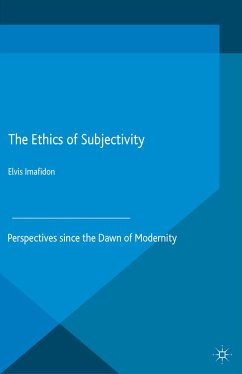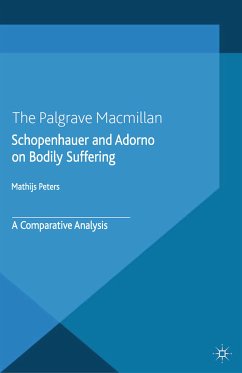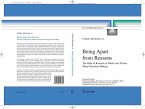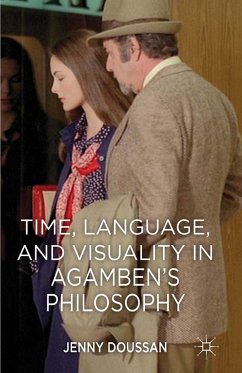Dieser Download kann aus rechtlichen Gründen nur mit Rechnungsadresse in A, B, BG, CY, CZ, D, DK, EW, E, FIN, F, GR, HR, H, IRL, I, LT, L, LR, M, NL, PL, P, R, S, SLO, SK ausgeliefert werden.
"Amesbury ... provides a solid reconstruction of recent attempts in continental philosophy to theorize ina nonfoundational way about the status and function of social norms. He takes a middle ground between the strongly universalizing theory of discourse ethics (Habermas) and the rejection of universality represented by deconstruction (Derrida and to some extent Rorty). Norms are thus neither platonically ahistorical nor mere contingent posits. With the help of Robert Brandom's recent pragmatic account of norms, Amesbury argues that they are implicit in practices; the philosophical task is simply to make them explicit. Thus he avoids the regress of norms found in a position he calls "regulism." But he does think that no ethical reasoning can be done without a backdrop of certain moral commitments about which "doubts do not ordinarily arise." This is the key assumption of his "ordinary realism." The hope is that such a realist model of reasoning about norms can lend strong support to critique of problematic norms in a society. The book is accessible to those who have a modicum of background in contemporary continental ethics, but experts will garner much from it as well." (James C. Swindal, Choice, Vol. 43 (5), 2006)

